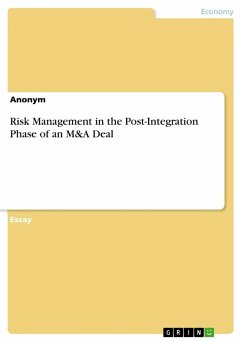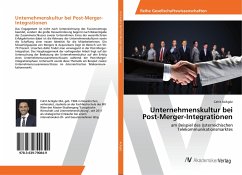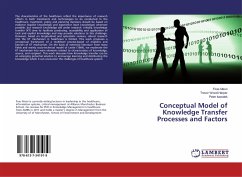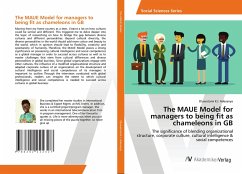Recent studies reconfirm that most firms engaging in merger and acquisition (M&A) activity do not achieve the sought-after performance objectives, be it soon after or in the years following the deal. As major reasons for failure, researchers report poor post-merger integration and the difficulties of merging the different cultures. This leads to the question of why the failure rate is so high, despite the large base of research and management experience in M&A implementation gained over the last decades. This work indicates that a wide research community has been able to identify human aspects, and in particular cultural differences, as the major reason for conflicts during M&As and as potential factors for negative performance. The mixed research findings suggest that the topic is important, however, not the cultural differences per se can be detrimental: What counts is the way these discrepancies are understood and managed throughout the whole M&A process. The aim of this work is also to offer a look at the activities needed to improve the success of M&As throughout all phases of a merger.
Bitte wählen Sie Ihr Anliegen aus.
Rechnungen
Retourenschein anfordern
Bestellstatus
Storno








